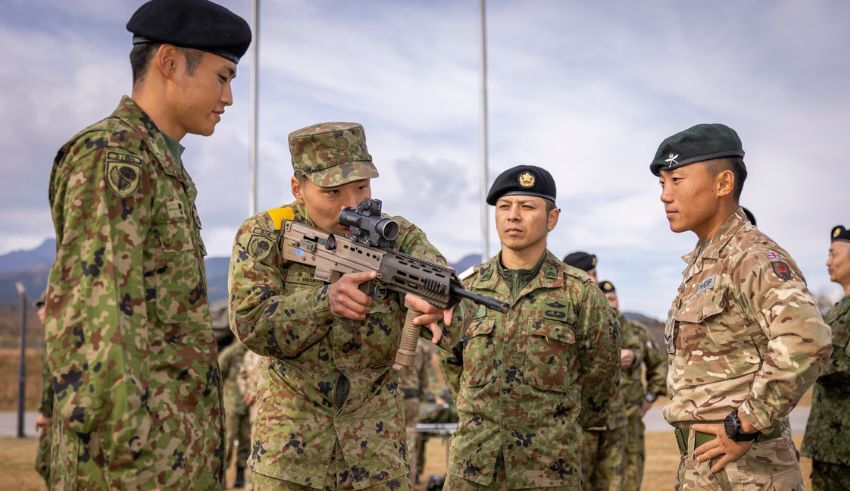
Strict haircuts, such as buzz cuts and crewcuts, have been a common and traditional requirement for military personnel in many countries, including Japan. The reasons for imposing strict haircuts in the military are usually based on practical and symbolic considerations, such as:
- The hygiene and health of the soldiers, who have to endure harsh and dirty conditions, and who have to avoid infections and parasites, such as lice and fleas.
- The discipline and uniformity of the soldiers, who have to follow orders and rules, and who have to present a neat and professional appearance.
- The identity and loyalty of the soldiers, who have to distinguish themselves from the civilians and the enemies, and who have to show their commitment and dedication to their country and their comrades.
The Relaxation of Strict Haircuts in the Japanese Military
The Japanese military, also known as the Self-Defense Forces (SDF), has recently announced that it will relax its strict haircut rules for its new recruits, starting from April 2024. The new rules will allow male recruits to have short back and sides with longer hair on top, and female recruits to have longer hair as long as it is tied up and does not interfere with their helmets or hats.
The relaxation of strict haircuts in the Japanese military is motivated by several factors, such as:
- The recruitment and retention of the soldiers, who are facing a shortage and a competition, due to the declining and aging population, the low birth rate, and the high demand for labor in the private sector.
- The diversity and modernity of the soldiers, who are representing a changing and evolving society, with different and varied preferences and styles, especially among the younger generations.
- The morale and satisfaction of the soldiers, who are expressing and enjoying their individuality and personality, without compromising their performance and professionalism.
Keep Reading
The Implications of the Relaxation of Strict Haircuts
The relaxation of strict haircuts in the Japanese military has significant implications for the culture and the image of the military, as well as for the security and the diplomacy of the country, such as:
- The adaptation and innovation of the military, which is demonstrating its flexibility and responsiveness to the changing needs and expectations of its personnel and its society, as well as its readiness and capability to face the new challenges and opportunities of the 21st century.
- The attraction and appreciation of the military, which is enhancing its reputation and popularity among the public and the media, as well as among its potential and existing recruits, who are more likely to join and stay in the military, if they feel respected and valued.
- The cooperation and communication of the military, which is improving its relations and interactions with its allies and partners, as well as with its rivals and adversaries, who may perceive the military as more friendly and approachable, or as more confident and assertive.




